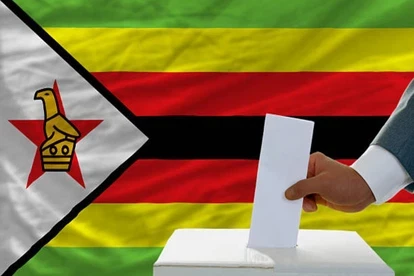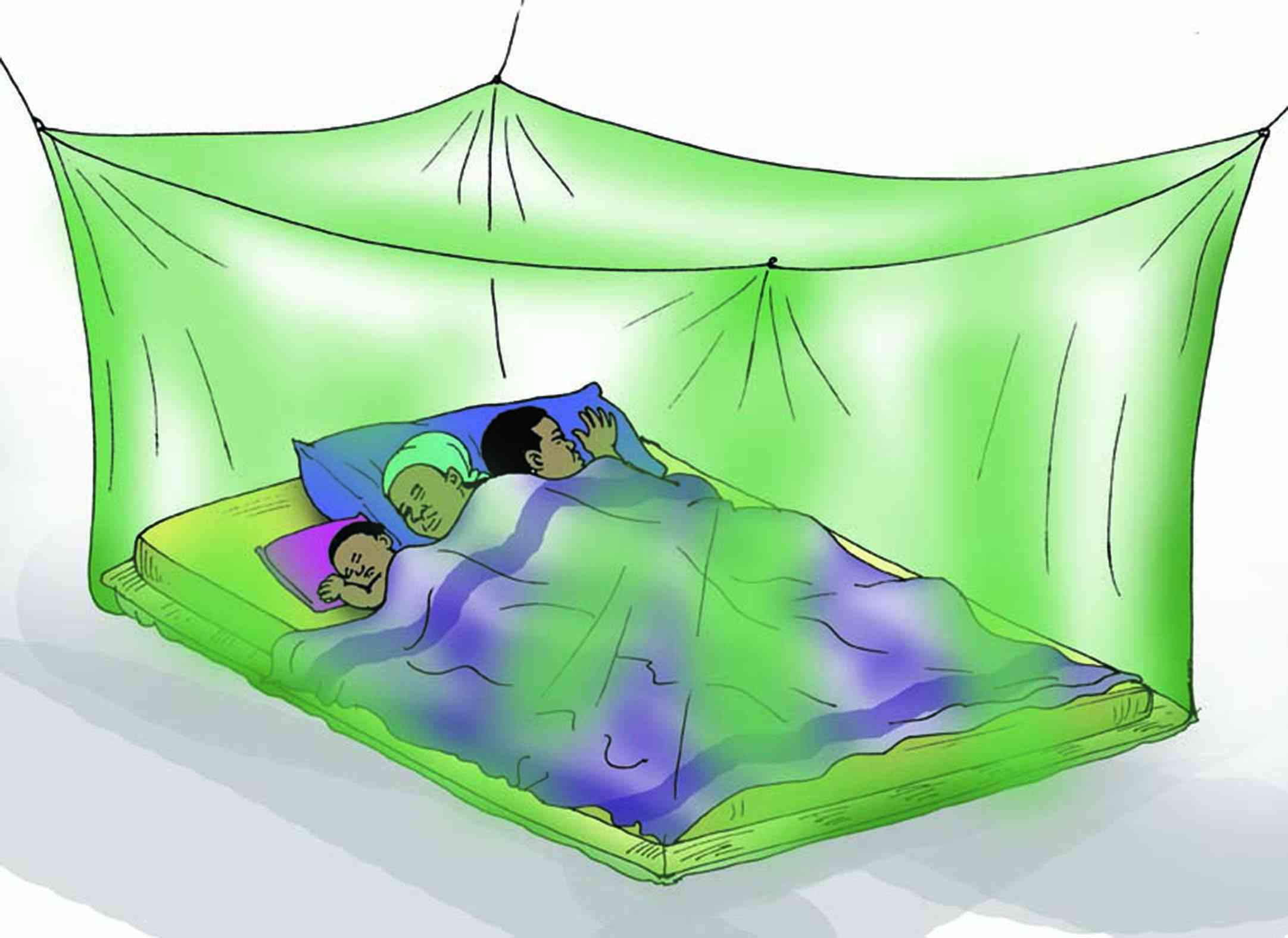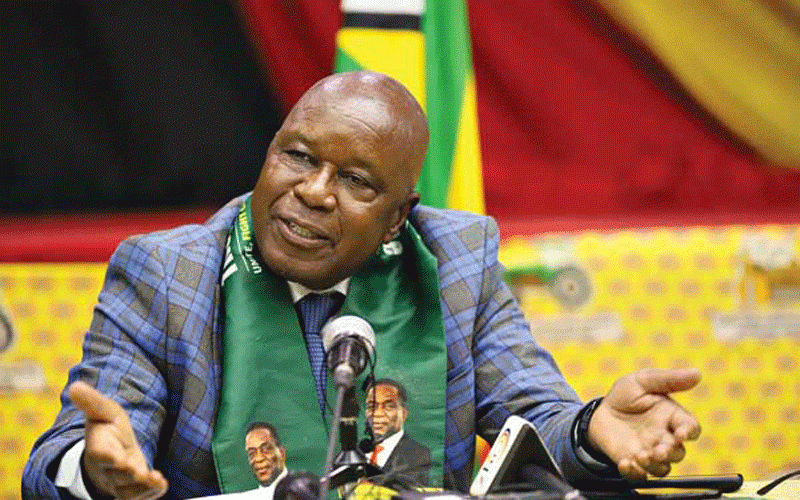
On August 23, 2023, over six million Zimbabweans are expected to cast ballots in a historic election that has been dubbed an "existential moment" for the landlocked nation, which is famed for its rich history and diverse wildlife.
The election will also be a test for democracy throughout a large portion of the continent.
Long-serving president Robert Mugabe was overthrown in 2017 after 38 years of autocratic reign. President Emmerson Mnangagwa, a seasoned Zanu PF official and former defence, state, and justice minister, was handpicked to succeed Mugabe.
In the lead-up to the election, concerns linger about how free and fair the vote will be in a nation that is attempting to repair its reputation.
Mnangagwa is running for re-election in the midst of Zimbabwe's economic crisis.
So far, polling has forecast a variety of outcomes, making it difficult to determine who will be elected president.
If the election is successful and viewed as democratic, it will be a huge boost for democracy more broadly across Africa, regardless of who wins the presidential contest.
Zimbabwe currently requires policy enablers, who would implement programmes holistically for the sake of development. Citizens, have you questioned and evaluated your political party representatives? Are they going to look at the policies being implemented rather than bootlicking?
- Corruption Watch: Get scared, 2023 is coming
- Corruption Watch: Get scared, 2023 is coming
- Letters: Ensuring Africa’s food security through availability of quality seeds
- Is military's involvement in politics compatible with democracy?
Keep Reading
Are you going to elect representatives who will carry out the policies and decisions you ask them to carry out in a robust, developmental, progressive, ideal, relevant, cost-effective manner, and in accordance with the dictates of modern society and global economic trends?
What about the current representatives? Were they not a part of the broader decline in which you all now find yourselves?
Some policy implementors may have acted inappropriately, according to some political activists, sections of the media, and the general public, but to what extent does their misbehavior lead to your demise?
What did they say about GIGO? In this situation, it can refer to either of the two possibilities: Positive policies (good in good out) or Negative policies (garbage in garbage out).
The Bulawayo City Council, for example, recently resolved to deal with the anarchy and menace prevailing on the market streets, but it was rebuffed, and the council was left with egg on its face.
So, was that a good or bad decision? For whose benefit? Was it progressive and developing, or was it regressive? Was it because the implementors were subpar? What happened when councils had semi-autonomy to generate their own electricity and self-sustaining economic units? They gathered revenue to maintain their road network, but what happened?
There are numerous causes that contribute to the current status more than individuals.
Where are these deals aimed at progress or individual gain? There have been some verified and unproven stories of former and current local government representatives owning more land than you can imagine and manipulating tender systems for personal benefit.
Zimbabwe is as stagnant as the lagoon's water. It requires policy-makers who can stand up to those who come in with huge boats and fish out minerals and wildlife, leaving just morsels — crumbs.
Crumbs become a national phenomenon. They took the cat fish without any advantage to the government, but just a few individuals were rewarded. That is what people who operate in a box get: Zimbabweans, Africans, and the entire Third World.
Sorry to say, but the impoverished Zimbabweans are the hardest working people on the planet. Visit the urban marketplaces, where stuff is sold on the street. You will see them toiling away in communities.
Women and children will be smashing stones for resale on the outskirts of Bulawayo and Harare. Where are the policymakers and thinkers? Are Zimbabwean engineers that dim that they cannot invent a simple affordable stone crusher or water filter to clean well water for those impoverished villagers?
After 43 years of independence, your university's engineering school has yet to generate a scientist or engineer capable of creating basic, compact machines for mass usage.
"What is the point of going to school?"
Do you know where you can find policymakers in the evening? They would be drinking in pubs. Alcoholism affects over 70-90% of policy enablers. Zimbabwe's intellectuals, politicians, and councillors work from 8 a.m. to 5 p.m. and spend the evening partying rather than brainstorming.
Politicians like to take holidays overseas, and both native and emigrant Zimbabweans are unappreciative and unconcerned about their country. You do not care about your country, yet in the towns of Murewa, Chegutu, Tsholotsho, and Mhondoro, your very own parents, brothers, and sisters are all struggling to make ends meet.
Many people have died or are dying as a result of your neglect of them. People are dying because there is no cure for Aids, and this is your fault. You are ready to describe your credentials when asked, "Oh, I have a PhD in this and that—PhD my foot!" You are referring to yourselves as graduates, researchers, and scientists.
Zimbabwe needs policy enablers who can enable the intellectuals abroad to be busy collecting ideas, formulas, recipes, and blueprints from those foreign industrial plants and sending them back home to your own factories.
All of their dissertation papers should be a national treasure. Why do you believe Asians are a formidable force? They took our concepts and made them their own. Just take a look at Japan, China, and India.
As long as Zimbabwe remains dependent on foreign countries, they will feel superior and you will remain inferior. What do you think? Chinese, Japanese, Indians, and even Latinos outperform.
Zimbabweans are at the very bottom of the food chain. As a final thought, instead of thinking inside or outside the box, all newly elected legislators should eliminate the box entirely. People are discussed in small groups. Zimbabweans vote for brilliant minds who have the ability to transform their communities.
Great ideas are discussed by great brains!
- Denhere is a freelance Journalist — [email protected] WhatsApp +263773894975











